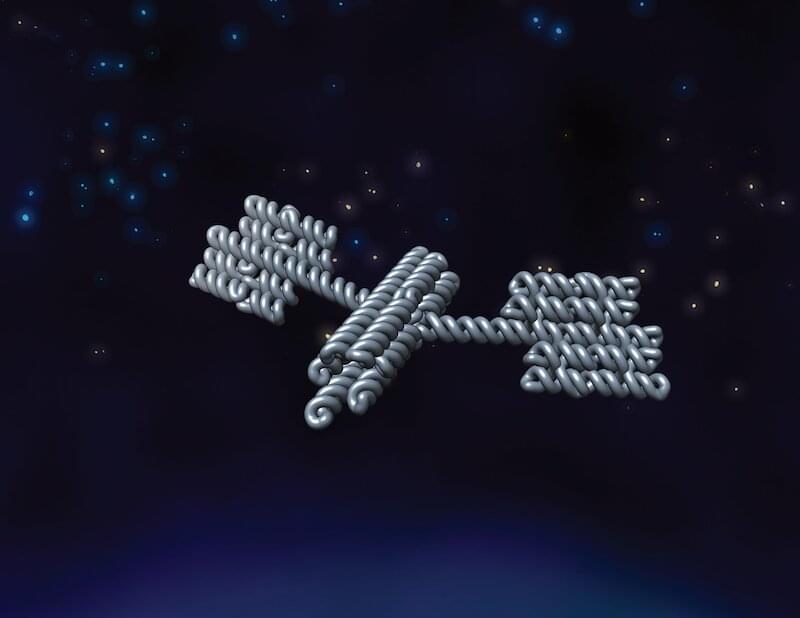The RNA molecule is commonly recognized as messenger between DNA and protein, but it can also be folded into intricate molecular machines. An example of a naturally occurring RNA machine is the ribosome, that functions as a protein factory in all cells.
Inspired by natural RNA machines, researchers at the Interdisciplinary Nanoscience Center (iNANO) have developed a method called “RNA origami,” which makes it possible to design artificial RNA nanostructures that fold from a single stand of RNA. The method is inspired by the Japanese paper folding art, origami, where a single piece of paper can be folded into a given shape, such as a paper bird.
The research paper in Nature Nanotechnology describes how the RNA origami technique was used to design RNA nanostructures, that were characterized by cryo–electron microscopy (cryo-EM) at the Danish National cryo-EM Facility EMBION. Cryo-EM is a method for determining the 3D structure of biomolecules, which works by freezing the sample so quickly that water does not have time to form ice crystals, which means that frozen biomolecules can be observed more clearly with the electron microscope.
